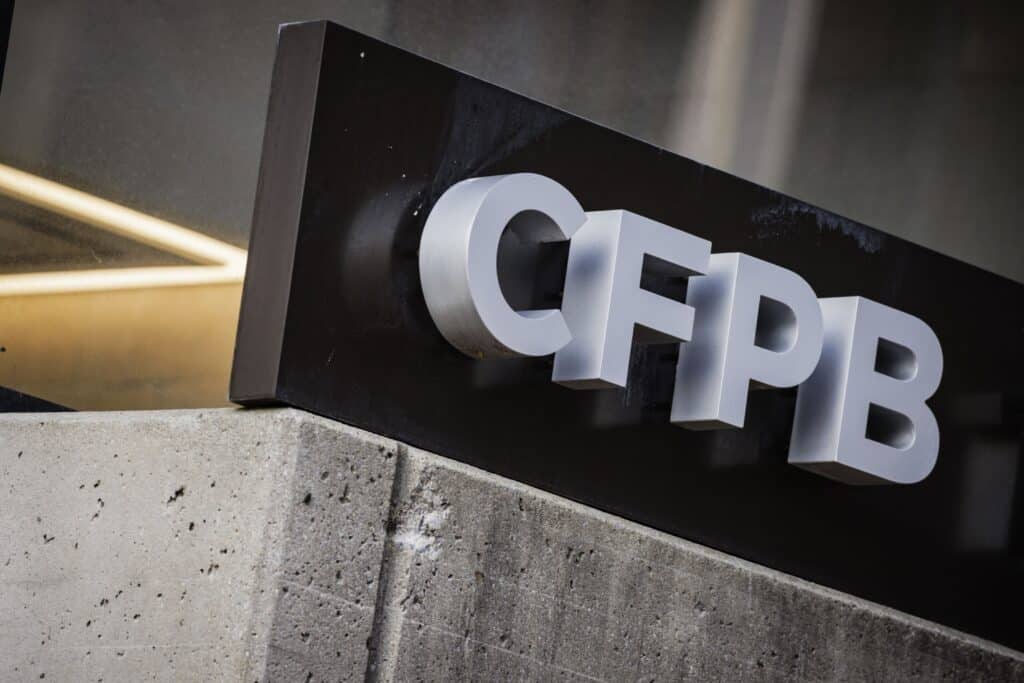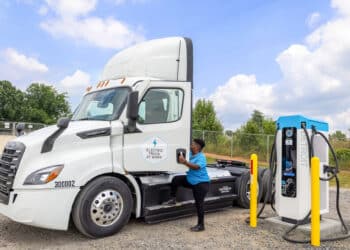With finalization of section 1071 of the Dodd-Frank Act, equipment finance legal professionals are helping lenders navigate third-party and compliance testing challenges.
Equipment Leasing and Finance Association (ELFA) has made section 1071 the group’s top advocacy issue, ELFA President and Chief Executive Ralph Petta previously told Equipment Finance News. Under the rule, financial institutions with more than 100 covered transactions will be required to collect and report data on small business lending, including equipment financing, to the Consumer Financial Protection Bureau.
During the ELFA Legal Forum, legal professionals gathered to discuss some of the top pain points under the finalized rule, including data management and compliance testing.
“You need those data segregations that happen to be made more robust because you’re going to have revisits potentially with these customers, you’re going to have other things that happen, even post origination, which will be then reportable as well, ” Moorari Shah, partner at Sheppard Mullin Richter & Hampton, said during the ELFA Legal Forum Monday. “You’re still going to need to have some ability to segregate access to certain types of data, so that’ll become more imperative because the regulators won’t essentially read the safe harbor out of existence except for the smallest shops.”

While some will manage data themselves, most lenders will turn to data management software, which can lead to other issues, said Andy Fishburn, ELFA’s vice president of federal government relations.
“Software is going to be the solution for most companies to this, and I think there are a host of issues that this presents,” Fishburn said during the forum. “The software vendors received the final rule at the same point we all did, so they have 123 pages of filing instructions to work through, and I don’t know that anyone has solved it yet. The ability to comply is going to depend on how your software solution works, and it’s an important issue to keep in mind.”
Equipment finance executives previously stressed the importance of properly vetting their finance partners, and that will remain a factor under the finalized section 1071.
Compliance, fair-lending testing under 1071
Compliance testing for fair lending will be required for lenders under the finalized rule, and Shah recommended that lenders start testing now.
“I expect that there will be more [compliance testing companies], some that will be focused specifically on equipment financing, and I would expect those to come into play,” he said. “This is something you can start doing now, and probably should be, depending on the size of your shop. Certainly, all banks do fair lending testing on their consumer portfolios, and the process would be fairly similar on commercial portfolios.”
Depending on a lender’s current approach to compliance and fair lending, they may not be doing compliance testing or enough testing under the rule’s requirements, Dominic Liberatore, deputy general counsel at DLL, said during the forum.
“If you’re not a bank, you probably may not be doing this right now, you’re probably doing scorecard decisioning, and because that’s automated, you may not be doing the testing, but that’s going to have to change when 1071 comes into play,” Liberatore said. “Most people focus on how they’re going to operationalize 1071, which is a big headache, but just as important will be to continue or to start your compliance testing.”
For lenders that buy commercial paper or notes, lack of quality compliance testing can become their problem as well, Shah said.
“If you buy paper from other parties, you’re buying their fair lending issues, so you have to test that paper too,” he said. “Just because you bought it from someone else doesn’t mean that it was only their responsibility and not yours, even if they did all the originations.”
The Big Wheels Auto Finance Data 2023 report, the only tabulation of the top 200 auto lenders by originations and outstandings, is available now.









